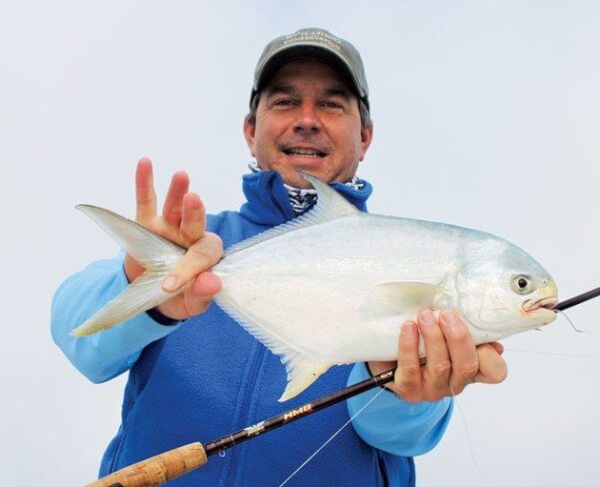
The Coastal Conservation Association (CCA), based out of Texas, is a national membership-based marine conservation group that stresses science-based fisheries management decisions. Going beyond catch and release, CCA strives for long-term coastal ecosystem health. On November 19-21, 2013 the CCA brought together marine biologists and Association leaders for a summit in Texas to update the current conservation calendar.

Several marine biologists from the Harte Research Institute attended the meeting in Rockport, Texas at The Redfish Lodge. The Harte Lab is based in Corpus Christi and is part of Texas A & M University. Topics discussed ranged from oil rigs in the Gulf of Mexico that undergo a transition into artificial reefs, known as the Idle Iron program, to inshore sites like the Lap Reef in Copano Bay that benefit the building blocks of the food chain. The Harte Lab is also tagging dolphin-fish in the Gulf and monitoring for Hypoxia episodes, also known as dead zones in the water due to high nutrient runoff and low oxygen levels.

Pat Murray serves as President of the CCA, which has 17 state chapters. Putting together conservation projects like building artificial reefs and oyster restoration takes funding, and Shell Oil Company has been a partner of CCA through their Building Conservation Trust program since 2010, when they committed to a 1.5-million dollar donation. In 2013, Murray announced that Shell would extend their commitment by another $500,000 over the next two years. The CCA oversees the marine habitat projects funded by these donations, which are designed for use by recreational anglers.

The summit also included a half-day fishing competition for bragging rights, and the Texas fishery did not disappoint. With the anglers mainly using shrimp under a floating cork, a wide variety of species came to the boat including red drum, black drum, spotted seatrout, flounder, catfish and even a pompano. In the end it was CCA Conservation Director Ted Venker who released the largest fish of the day, a stout 33-inch redfish that put his fishing skills to the test.

Whether one fishes in the Gulf, in Florida or the Carolinas, the objective of the CCA is to enhance the present and future availability of those coastal resources. If that same mission requires outreach in Washington, D.C. or perhaps legal counsel, then the CCA is meeting those obligations. Keep an eye out for CCA action in your area or plan to attend one of their conservation banquets in order to meet fellow anglers.
For more information visit www.JoinCCA.org.





